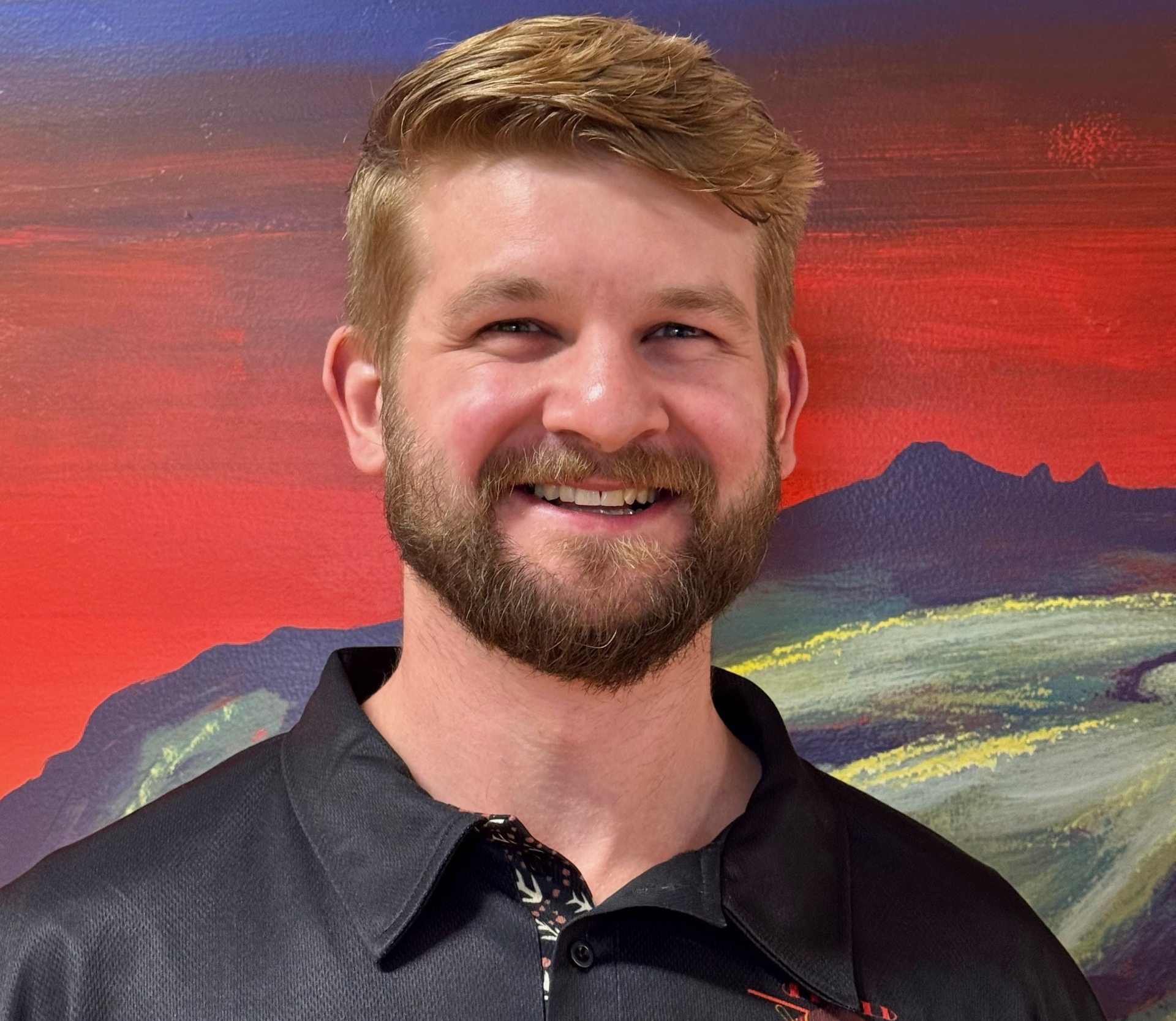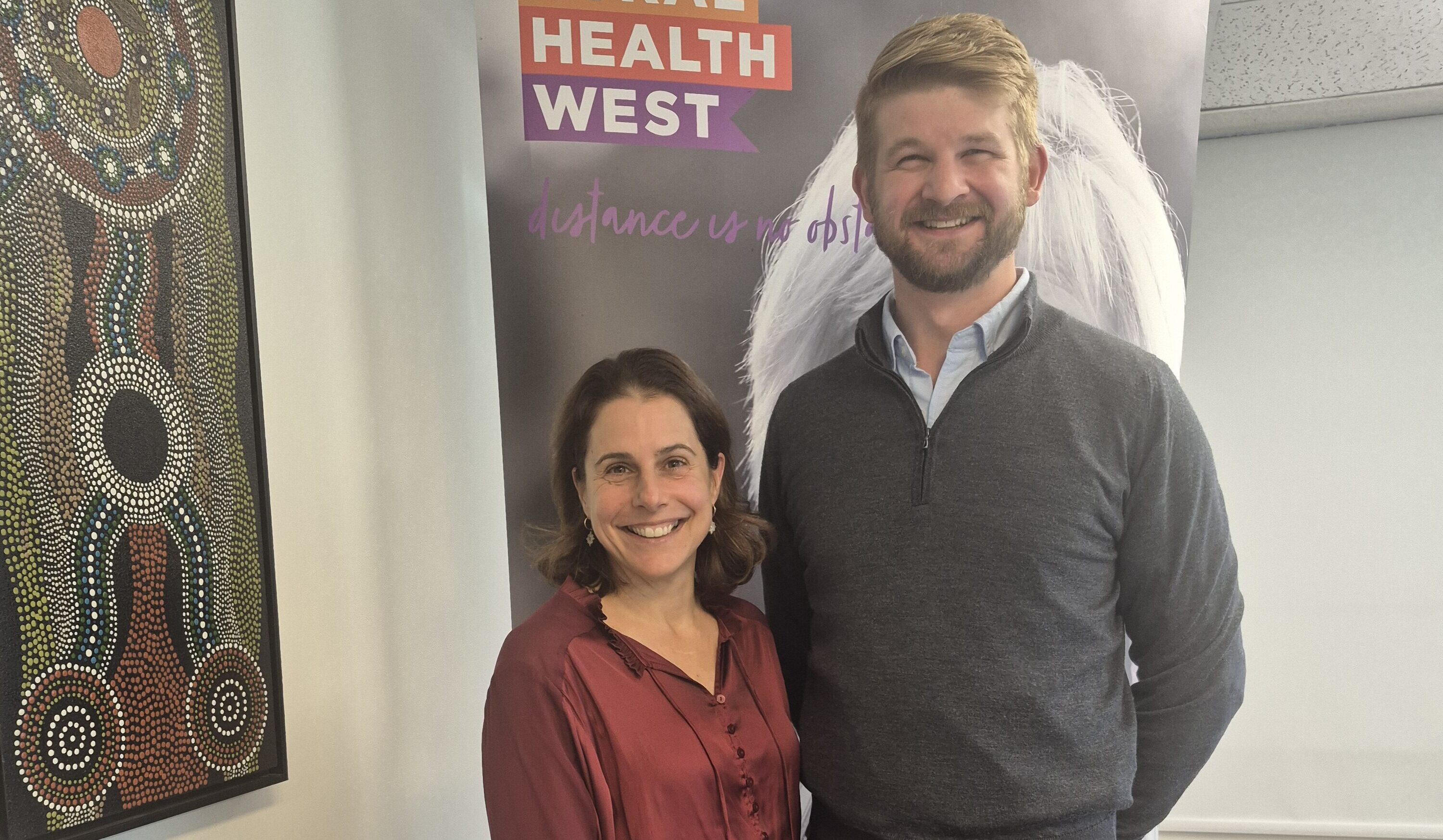 The first of 10 specialist doctors expected to take up roles in rural WA as part the Expedited Specialist Pathway (ESP) is settling into a role in Pilbara.
The first of 10 specialist doctors expected to take up roles in rural WA as part the Expedited Specialist Pathway (ESP) is settling into a role in Pilbara.
Introduced by the Australian Health Practitioner Regulation Agency in October 2024, the pathway allows doctors from approved countries to apply for registration with the regulator without first being assessed by the RACGP.
Doctors from the United Kingdom, Ireland and New Zealand are able to apply to work in Australia through the pathway.
Dr Marcus Stevens, who is from the UK, arrived in Newman in June to take up a role as GP at Puntukurnu Aboriginal Medical Service (PAMS).
RELATED: Overseas GPs rolled out too fast?
Figures from the Medical Board show a total of 150 specialists have been granted registration, with 17 having WA listed as their principal place of practice.
Not all of those have supervised practice arrangements in place yet.
Rural Health West provided support to Dr Stevens and is currently case managing another nine GPs via the ESP, who are at some stage in the recruitment journey to Australia.
Of those, another two are expected to work in the Pilbara, three are destined for the Kimberley, three will head to the Midwest and one will be bound for the Wheatbelt.
Two of the nine doctors going through the recruitment process are from Ireland and the rest are from the UK.
Rural Health West deputy chief executive Kelli Porter said the pathway was still very new and the organisation would continue to track candidates to identify any trends.
“What is really encouraging is that many of the candidates currently on the pathway are destined for some of the locations most in need,” she said.
“This is great news for those communities who won’t have to wait as long for their new doctor to arrive.”
RELATED: Fast-tracked OTD applications rising
Ms Porter said while the pathway was “certainly more straightforward and less onerous for candidates” it was not without its challenges.
“Delays can still happen, whether it’s incorrect documentation or difficulties obtaining papers from overseas.”

Dr Stevens described the process of applying to work in Australia as “pretty frustrating and overall, slightly painful” although he acknowledged he probably had the “worst of both systems”.
Prior to coming to Australia, he was working as a locum in Bath in the UK but has also worked in the remote Scottish Highlands and parts of west Africa.
Dr Stevens initially applied through the traditional pathway in April 2024 and was then transferred to the expedited pathway when it first came into operation in October.
His background, having worked in West Africa for a number of times, causes some complications, which he was forced to address each time his application moved to a new stage. This caused repeated delays.
Dr Stevens said having been one of the first people to go through that process, he expected some of the issues he faced to be smoothed out for others coming after him.
He said one of the difficulties he and others going through the process had was the uncertainty about timeframes, which made it hard to plan.
Dr Stevens had originally thought he would arrive in WA in January, but the long process meant he instead arrived in late May.
While he may have found the paperwork and processes in getting to Australia challenging, he said he was grateful for support provided by Rural Health West and for the welcome he had received from the team at PAMS.
RELATED: GP deserts putting patients and practitioners at risk
In his role Dr Stevens is providing services to a population that is 98% Indigenous across Newman and surrounding communities.
“It’s an amazing part of the world with a fascinating history and culture to work within,” he said.
“Medically, there is a lot to learn. In the UK we don’t see rheumatic heart disease, which is a big part of the work here, and while in most parts of the world trachoma has been eradicated, we deal with that a lot that up here too.”
The expedited pathway was introduced after a review held in 2023 by retired public servant Robyn Kruk urged the government to fast-track the accreditation process.
The Medical Board announced the new pathway in late April 2024, sparking concern from the RACGP and other groups.
Suitability to practice in Australia had previously been assessed by the relevant specialist medical college.
The College has been clear that health ministers and the regulator must take full responsibility if anything goes wrong under the fast-tracked process.
Want more news, clinicals, features and guest columns delivered straight to you? Subscribe for free to WA’s only independent magazine for medical practitioners.
Want to submit an article? Email editor@mforum.com.au

